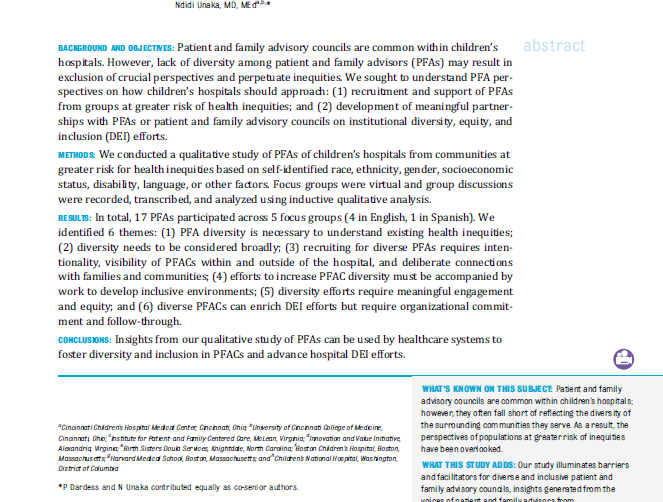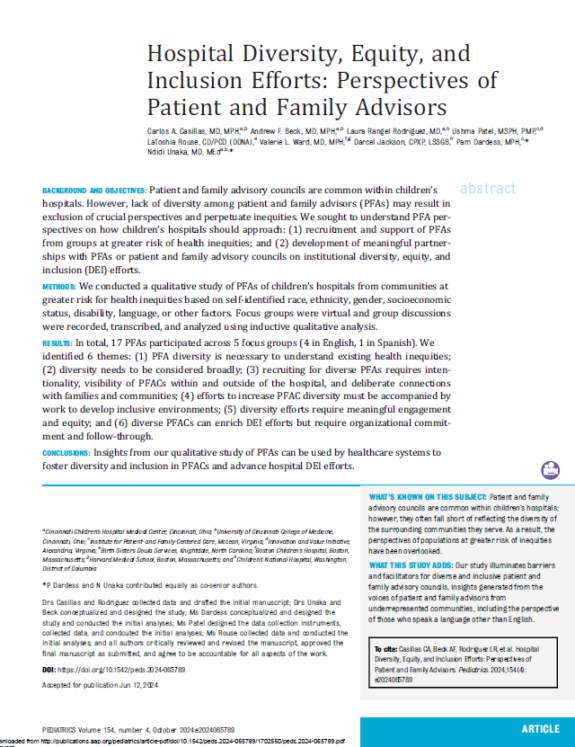Meet the Mom Whose Bill Awaits Gov. Brown’s Signature
A simple lunch with Alisa Rosillo turned out to be a physical tour of her resume. As she and I chatted at a restaurant in downtown Concord, Calif., near her home, I drank a couple glasses of water to quench my thirst on a 100-degree day. Soon enough, I was ready to use the facilities. It is that basic human right—to use the bathroom—that Alisa is demanding for her two sons who use wheelchairs: Leo, who has cerebral palsy, and Max, who is quadriplegic with Down syndrome.
“They are entitled to do everything. When I run into situations that prevent that, I get frustrated,” she says. While on family outings, she and her husband used to change the boys’ diapers in their van. But Leo and Max are now 17 and 15 years old, respectively, and each weighs about 100 lbs. For many years, it hasn’t been feasible to change their diapers in the car, or on a 2’x3’ baby changing table that can only support 50 lbs. Not wanting to deprive her children of the swimming, bowling, and basketball activities that other kids enjoy, Alisa set out to change the status quo.
She called her local Assemblymember, Susan Bonilla, to propose the installation of adult changing tables in public facilities. That conversation was the genesis for AB 662, which is now sitting on Governor Jerry Brown’s desk. The Governor has until October 11 to sign the bill, which would require adult changing tables in new auditoriums, theaters, sports arenas, amusement parks, as well as older venues that undergo renovations. According to state estimates, the tables would serve 53,000 adults and older children with diapering needs.
[[{“fid”:”1770″,”view_mode”:”wysiwyg”,”fields”:{“format”:”wysiwyg”,”field_file_image_alt_text[und][0][value]”:false,”field_file_image_title_text[und][0][value]”:false,”field_file_image_caption[und][0][value]”:””,”field_file_image_source[und][0][value]”:””},”type”:”media”,”link_text”:null,”field_deltas”:{“1”:{“format”:”wysiwyg”,”field_file_image_alt_text[und][0][value]”:false,”field_file_image_title_text[und][0][value]”:false,”field_file_image_caption[und][0][value]”:””,”field_file_image_source[und][0][value]”:””}},”attributes”:{“height”:233,”width”:350,”style”:”width: 350px; height: 233px; float: right; margin-left: 15px; margin-right: 15px;”,”class”:”media-element file-wysiwyg”,”data-delta”:”1″}}]]When Alisa and I left the restaurant and returned to my car, we immediately spotted disabled parking spots in the parking lot, complete with their accompanying access aisles that allow passengers in wheelchairs to enter and exit their cars. It was via her first bill, eight years ago, that Alisa made sure those access aisles were painted blue and white, and that fines were raised for people who abused the parking spots or aisles.
“There were so many times when we’d see motorcycles parked in that space. Or worse yet, we’d park in the spot, come back from an outing, and then find someone parked in the aisle. How am I supposed to get my children back in the car?” she says.
It was in January 2007 when she and another mom entered the “There Ought to Be a Law” contest that was sponsored by then-Assemblymember Mark DeSaulnier. A representative from the office paid Alisa a visit, and eight months later, AB 1531 was signed into law.
Last fall, Alisa took part in the Family Voices of California Project Leadership program, which is funded by the Lucile Packard Foundation for Children’s Health. Over the past two years, the program has provided in-depth advocacy training for parents of children with special health care needs.
“The course showed me that I’m on the path I was chosen to be on,” she says. “You don’t have to have an army of people to make change. I’m a constituent. I have a right to say, ‘This must be fixed.’”
Though the fate of AB 662 still hangs in the air, Alisa is already plotting her next bill. She wants disabled parking placards, which are also subject to abuse, to feature photographs of their intended beneficiaries.



